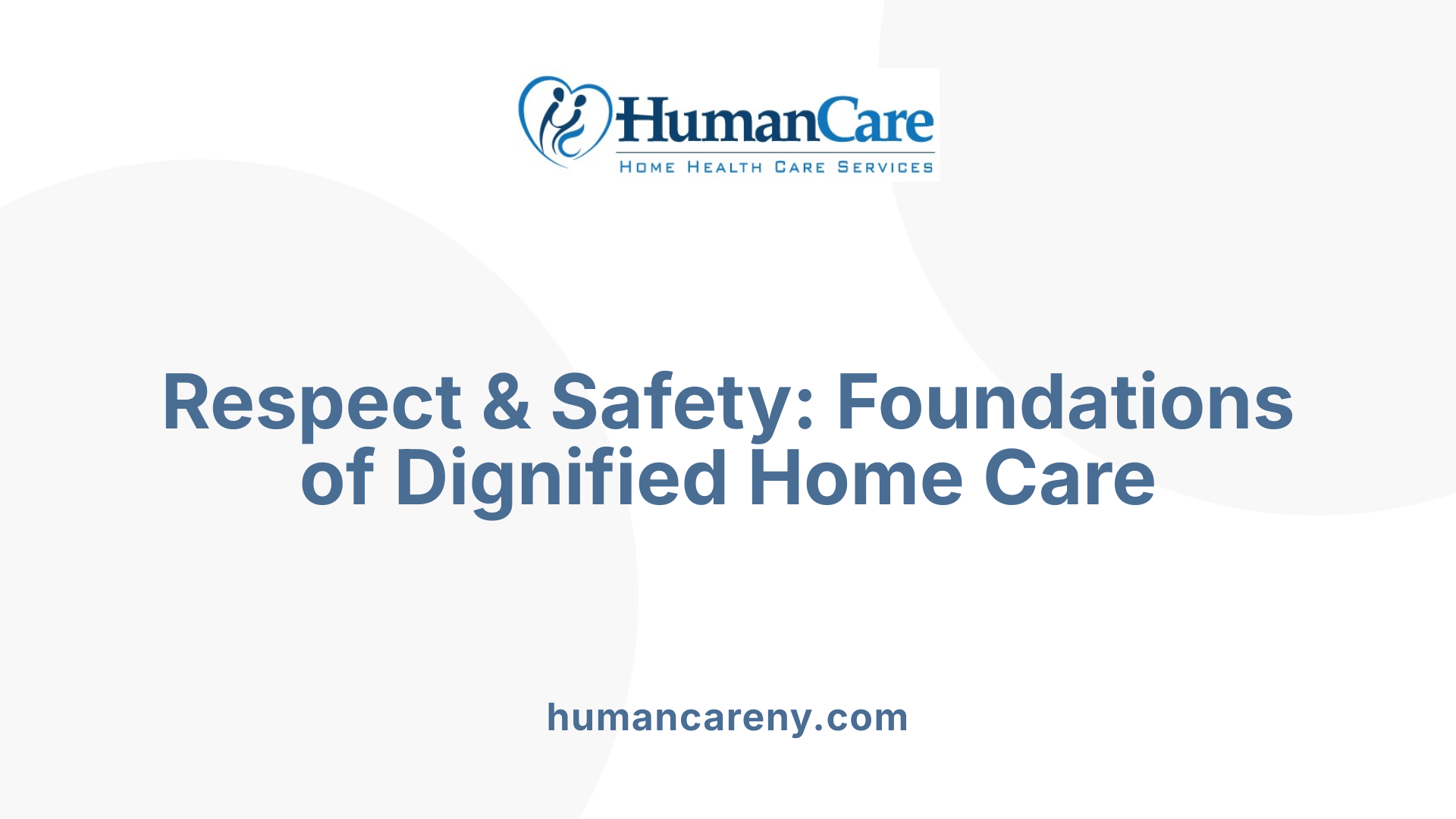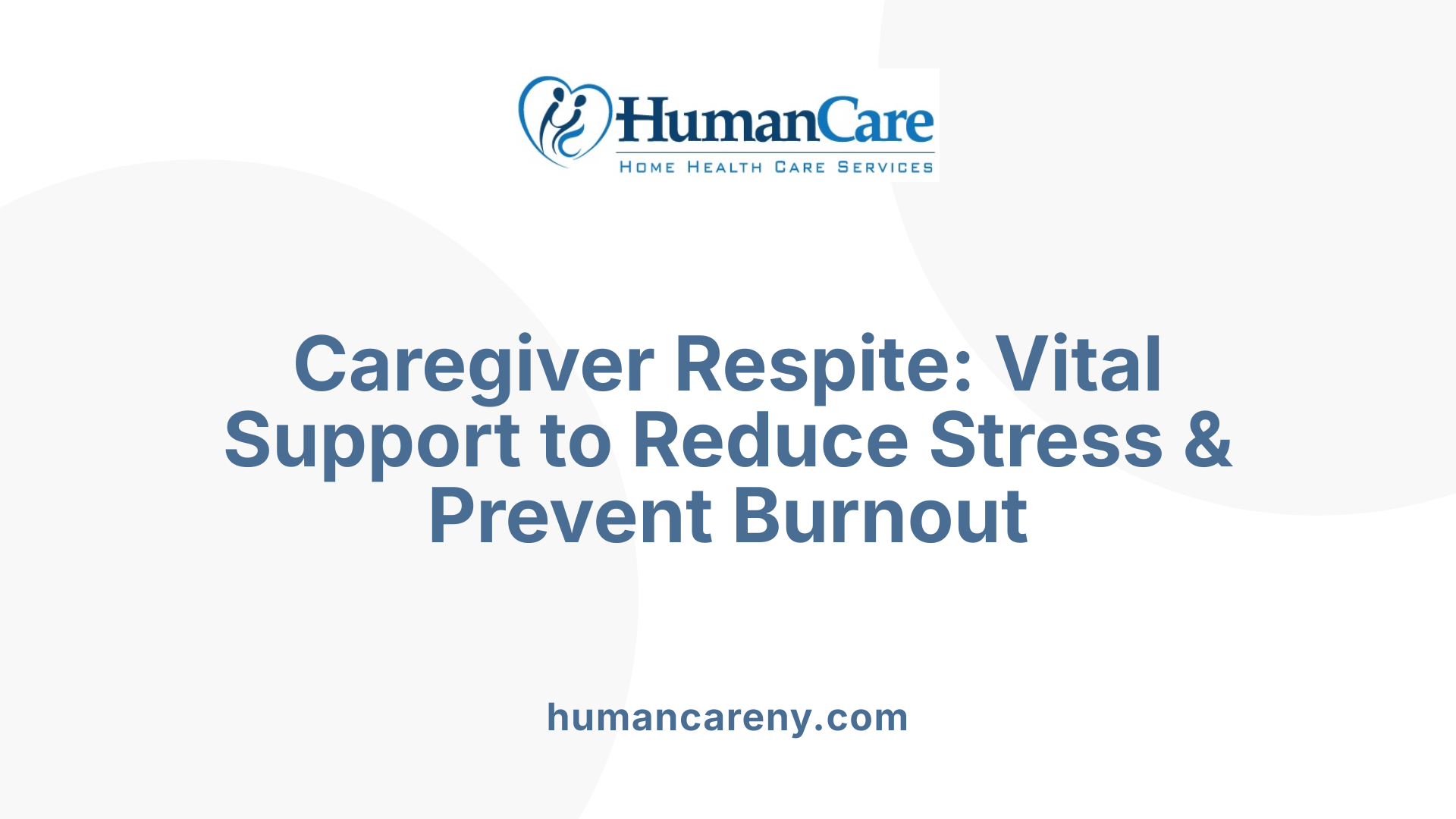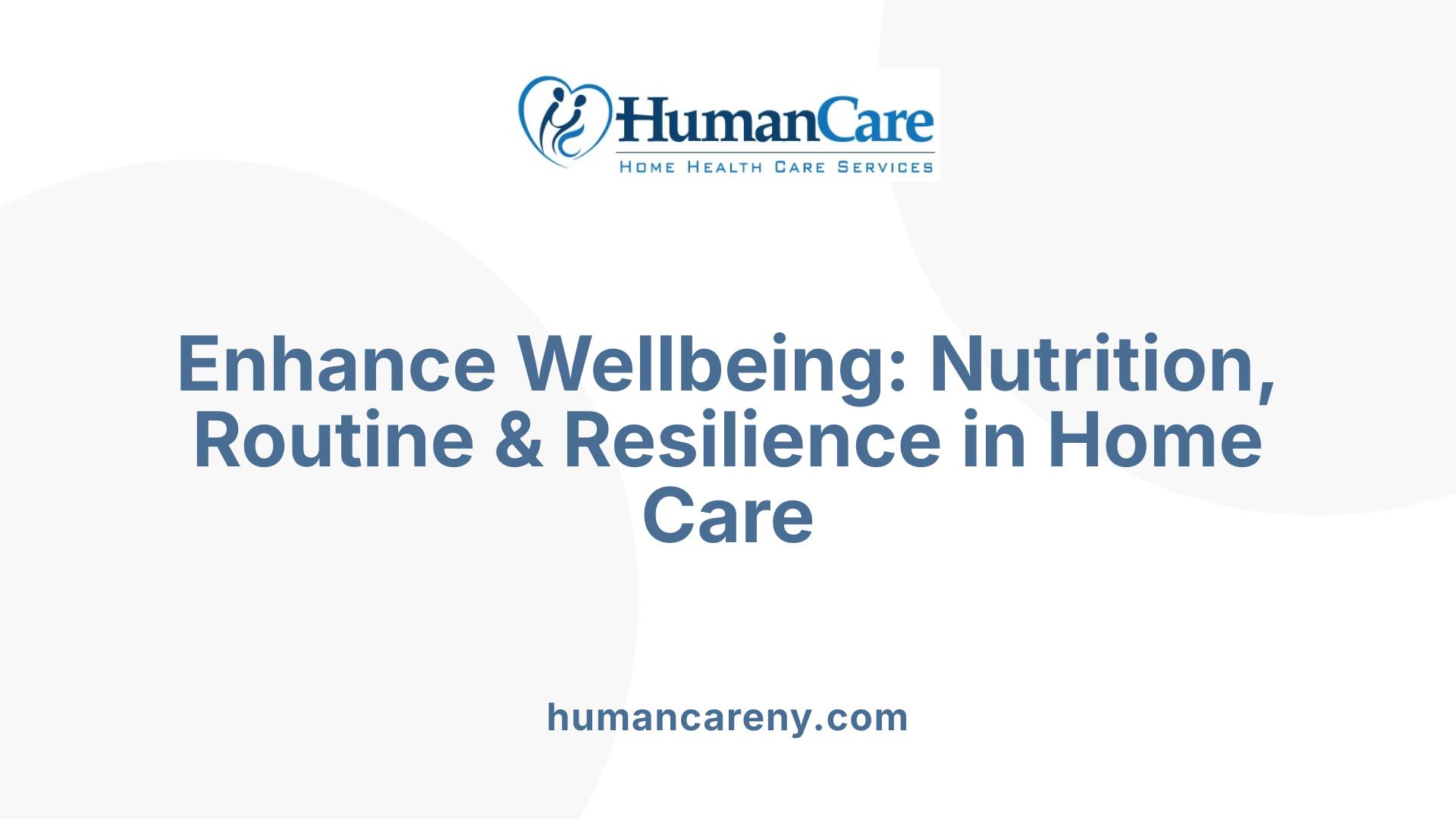Understanding Homemaking Care for Elderly Mental Health
Homemaking care services encompass a broad spectrum of assistance tailored to support elderly individuals in their daily lives. Beyond managing household chores, these services provide crucial companionship, emotional support, and help maintain independence—all of which profoundly influence seniors' mental health and overall wellbeing. This article explores how homemaking care nurtures mental wellness among older adults, fostering resilience, reducing isolation, and promoting a fulfilling quality of life.
Preserving Independence and Enhancing Emotional Wellbeing Through Homemaking Support

How do homemaking services support independence in seniors?
Homemaking services provide essential assistance with daily tasks such as grocery shopping, meal preparation, laundry, and light housekeeping. This help allows seniors to manage their households effectively while retaining control over their daily routines. By supporting these activities, homemakers enable older adults to live comfortably and independently in their own homes for longer periods, fostering a strong sense of autonomy and self-esteem.
In what ways do homemaking services improve seniors' emotional wellbeing?
Companionship is a vital component of homemaking services, offering social interaction, meaningful conversation, and engagement in stimulating activities like puzzles, music, and walks. These interactions significantly reduce feelings of loneliness and social isolation, which are common among elderly individuals. The emotional support provided helps seniors cope with stress, grief, and health challenges, promoting resilience and a positive mental outlook.
What assistance with household chores do homemaking services offer?
Homemakers assist seniors by managing household chores that might otherwise cause stress or become overwhelming. This includes tasks like housekeeping, laundry, shopping, and meal planning that ensure seniors’ environments remain safe, comfortable, and well-maintained. These services alleviate the mental burden of daily chores, reducing anxiety and depression related to managing a home alone.
How do homemaking services impact the mental health of seniors?
Maintaining independence and receiving personalized care contribute positively to seniors' mental health. Companionship fosters optimism and emotional stability, while structured daily routines and customized care plans provide security and reduce confusion. Engaging in mentally stimulating activities with caregivers also supports cognitive function and delays decline. Additionally, by easing the strain of household management, homemaking services alleviate stress, improving overall mental wellness.
The integration of practical household support with compassionate companionship helps seniors thrive emotionally and physically, ensuring they remain confident and connected within their homes.
Companionship: A Key Element in Combating Senior Loneliness and Isolation

How does companionship provide emotional support for seniors?
Companionship in homemaker and in-home care services offers much more than just a presence. Caregivers engage seniors with meaningful conversation, social activities, and consistent emotional support. This personalized interaction helps seniors cope with challenges such as grief, illness, and emotional stress, which fosters resilience and a more positive outlook.
How do companionship services reduce loneliness and social isolation?
Loneliness affects nearly one in three older adults in the U.S., increasing risks of depression and cognitive decline. Providing regular social contact through companions decreases feelings of isolation dramatically. Frequent visits and social engagement, whether through conversations, activities, or shared hobbies, help seniors feel connected and valued.
What role do meaningful conversations and activities play?
Companionship services incorporate tailored activities like puzzles, storytelling, music listening, walks, and meal preparation that stimulate cognitive function and promote emotional wellbeing. These activities provide mental stimulation and help maintain memory and cognition, which may delay cognitive decline and reduce anxiety.
What mental health benefits do seniors gain from companionship?
Regular interaction with a companion helps stabilize emotions and reduces symptoms of depression and anxiety. The reassurance and engagement offered through these visits boost optimism and mental sharpness. Overall, companionship supports emotional resilience, decreases risks of loneliness-induced health issues, and enhances seniors’ quality of life while supporting their independence and dignity.
Customizing Care Plans for Individual Mental and Emotional Needs

Personalized Care Plans
Homemaker services stand out by offering personalized care plans tailored to meet the unique needs of each senior. These plans incorporate detailed assessments of an individual's physical, emotional, and mental health, ensuring that all aspects of their wellbeing are addressed. This personalized approach helps seniors maintain their independence while receiving the specific support they need.
Regular Assessments and Updates
To ensure the care remains effective and responsive, these care plans are not static. Regular assessments are conducted to monitor changes in the senior’s condition and preferences, allowing for timely updates. This adaptability helps seniors feel that their evolving needs are recognized and met, fostering trust and comfort.
Addressing Emotional and Mental Needs
Beyond physical assistance, care plans emphasize emotional and mental health by including companionship, engaging activities, and emotional support. Activities such as puzzles, reading, conversing, and music are incorporated to stimulate cognitive function and reduce loneliness. These measures help prevent depression and anxiety, promoting a positive and resilient mental state.
Sense of Security and Mental Stability
A well-structured care plan creates a stable routine that brings predictability and security to seniors' lives. Having trusted caregivers and consistent schedules reduces stress and confusion, especially for those with cognitive challenges like dementia. This stability enhances their overall sense of wellbeing and mental clarity.
Overall, the customization and ongoing refinement of homemaker service plans significantly contribute to improved mental health by ensuring seniors receive compassionate, appropriate care that respects their individuality and supports emotional resilience.
Mental Stimulation and Physical Activity: Supporting Cognitive Health at Home
What Activities Support Cognitive Function in Elderly Home Care?
Engaging seniors in mentally stimulating activities is essential for maintaining cognitive function and supporting mental sharpness. Activities such as puzzles, reading, playing games, and listening to music provide meaningful mental exercises that can delay cognitive decline. Even simpler activities like looking at photographs and sharing stories help keep the mind active.
How Does Mental Stimulation Through Games and Conversations Help Seniors?
Regular interaction through conversations and games not only stimulates memory but also fosters emotional stability. These activities encourage social engagement and help seniors feel connected, reducing anxiety and depressive symptoms. Caregivers often incorporate these into personalized care plans tailored to individual needs and preferences.
What Role Does Physical Activity Play in Enhancing Mood?
Gentle physical activity such as taking walks or doing light exercises plays a vital role in improving mood and reducing depressive symptoms. Physical movement promotes blood flow to the brain and can improve overall cognitive function. Even low-impact activities provide benefits when incorporated regularly into a senior's routine.
How Do These Interventions Help Prevent Cognitive Decline and Dementia?
Combining mental stimulation with physical activity creates a supportive environment that guards against dementia and memory loss. Maintaining an engaging, active lifestyle promotes emotional resilience, improves mental health, and helps mitigate the risks associated with social isolation and loneliness. Routine schedules featuring both mental and physical exercises support this preventive approach effectively.
Safety, Privacy, and Dignity: Foundations of a Respectful Home Care Environment

How is Respect for Privacy and Autonomy Maintained in Homemaker Services?
Homemaker services prioritize respecting each senior's privacy and autonomy by delivering care that supports their independence while honoring their personal boundaries. Caregivers are trained to uphold dignity, ensuring clients feel in control of their daily routines and decisions. This respectful approach fosters mental comfort and emotional wellbeing.
What Makes for a Safe Living Environment in Home Care?
Creating a safe home environment is central to homemaker services. Regular housekeeping and home maintenance help minimize hazards such as clutter and spills, which reduce the risk of falls and injuries. Assistance with laundry, grocery shopping, and household chores further eases daily demands, lowering stress for seniors and supporting safer living spaces.
How Does Homemaking Care Reduce Hazards and Fall Risks?
Homemaker providers routinely assess the senior’s home to identify and address potential hazards. By maintaining cleanliness and organizing the environment, they ensure walkways are clear and assistive devices are accessible. This proactive approach decreases accidents, promoting confidence and security for seniors remaining in their homes.
In What Ways are Dignity and Mental Comfort Supported?
Beyond physical safety, homemaker services emphasize dignity by offering personalized care plans reflecting individual preferences and needs. Emotional support and companionship help reduce loneliness, fostering a comforting atmosphere. This respectful care cultivates a sense of value and stability, essential for mental health and overall quality of life.
Supporting Family Caregivers Through Respite Services and Stress Reduction

What Are the Benefits of Respite Care?
Respite care offers family caregivers essential relief from the demands of daily caregiving duties. By providing temporary assistance, these services allow caregivers to rest, recharge, and attend to their own needs. This break is vital in preventing caregiver fatigue and maintaining overall health.
How Does Respite Care Help Reduce Caregiver Burnout?
Caregiving can be physically and emotionally draining, often leading to burnout characterized by exhaustion, stress, and reduced ability to provide care. Respite services help mitigate this by ensuring caregivers receive regular intervals of support. This reduction in stress not only preserves caregivers' well-being but also helps sustain the quality of care they provide.
What Are the Benefits for Both Caregivers and Seniors’ Mental Health?
Respite care positively impacts both caregivers and seniors. For seniors, the presence of trained homemaker services that offer companionship and support promotes emotional stability, reduces loneliness, and enhances mental well-being. For caregivers, knowing their loved ones are in trusted hands alleviates anxiety and fosters peace of mind, contributing to better family dynamics and reduced emotional strain.
How Does Respite Care Enhance Family Relationships?
When caregivers experience less stress and burnout, family relationships often improve. Respite services help prevent caregiver frustration and exhaustion, allowing more meaningful and positive interactions with seniors. This improved dynamic fosters a supportive home environment that benefits everyone involved.
Together, these elements make respite care a crucial component in sustaining family caregivers and enhancing the mental health of both caregivers and the older adults they support.
Integrating Technology and Social Connections to Extend Companionship
How does technology enhance social interactions for seniors?
Technology, such as tablets and smartphones, enables seniors to connect via video calls with family and friends who may not be nearby. This digital communication helps bridge geographical gaps and allows for face-to-face interactions, making social engagements more frequent and meaningful.
In what ways can online community engagement complement in-person companionship?
Beyond one-on-one video calls, seniors can participate in online forums, virtual interest groups, and community events, expanding their social circles. These platforms provide opportunities for sharing experiences, learning, and participating in hobbies, which enrich their social lives.
How does technology support broader social engagement for mental wellness?
Engagement through technology stimulates cognitive functions and provides emotional support, reducing feelings of loneliness and social isolation. Using digital tools to interact socially maintains optimism, elevates mood, and promotes mental sharpness.
Why is integrating technology important alongside traditional in-person companionship?
While direct personal interaction remains critical, technology serves as a valuable supplement, especially when physical meetings are limited. It allows continual social contact and emotional reassurance, supporting sustained mental stability and enhancing overall wellbeing for seniors.
| Technology Use | Benefits for Seniors | Impact on Mental Health |
|---|---|---|
| Video Calls | Real-time face-to-face communication | Reduces loneliness; promotes emotional connection |
| Online Communities | Participation in virtual groups and events | Fosters social inclusion; cognitive engagement |
| Digital Activities | Games, puzzles, and learning apps | Stimulates the mind; delays cognitive decline |
| Combined Use | Blends virtual and in-person interactions | Enhances social support; sustains mental stability |
Holistic Benefits of Homemaking Services: Nutrition, Routine, and Mental Resilience

How Do Homemaking Services Support Nutrition and Balanced Meals?
Homemaking services play a crucial role in ensuring seniors receive nutritious and well-balanced meals tailored to their dietary needs. Caregivers assist with meal preparation, grocery shopping, and dietary planning, helping to maintain proper nutrition which is vital for both physical and mental health. Adequate nutrition supports energy levels, cognitive function, and overall wellbeing, reducing stress related to meal management.
Why Is Maintaining Daily Routines Important for Seniors?
Daily routines and structured schedules provided by homemaking services foster a sense of security and mental stability among seniors. Regular housekeeping, laundry, and assistance with daily activities support a predictable environment that minimizes confusion and anxiety. Such routines help seniors maintain independence longer, boost self-esteem, and reduce feelings of helplessness.
In What Ways Do Homemaking Services Build Emotional Resilience and Aid in Stress Management?
Emotional support from caregivers is vital in helping seniors cope with grief, health challenges, and emotional stress. Homemakers provide companionship, social interaction, and reassurance which reduce loneliness and anxiety. Engaging seniors in meaningful conversations, mentally stimulating activities, and gentle physical exercise fosters resilience and promotes a positive outlook.
How Do These Services Improve Overall Quality of Life for Seniors?
Homemaking services create a safe, supportive, and engaging home environment that enhances emotional wellbeing. By addressing physical needs, mental stimulation, social engagement, and emotional support, these services contribute to improved mental health, reduced depression, and increased optimism. Additionally, respite care alleviates caregiver burnout, further promoting a harmonious home life.
| Aspect | Homemaking Support Provided | Impact on Senior Wellbeing |
|---|---|---|
| Nutrition | Balanced meal preparation, grocery assistance | Supports physical and mental health, reduces anxiety |
| Routine & Structure | Daily chores, activity scheduling | Enhances security, reduces confusion and stress |
| Emotional Resilience | Companionship, conversation, mental activities | Reduces loneliness, boosts coping skills |
| Quality of Life Improvement | Safety, social engagement, caregiver respite | Increases optimism, lowers depression, improves stability |
Ensuring Mental Health Through Compassionate Homemaking Care
Homemaking care plays an indispensable role in promoting the mental health and wellbeing of elderly individuals. By enabling independence, providing companionship, customizing support to personal needs, and integrating stimulating activities, these services create a nurturing environment that fosters emotional resilience and reduces the risks of loneliness and cognitive decline. Moreover, by supporting family caregivers, ensuring safety and dignity, and embracing technology for social engagement, homemaking care addresses the complex dimensions of seniors’ mental wellness. Investing in compassionate, personalized home care is vital to improving quality of life and sustaining mental health for our aging population.
References
- The Benefits of Utilizing Homemaker Services
- HOW IN-HOME COMPANIONSHIP IMPROVES MENTAL ...
- How Homemaking Services Can Enhance Daily Life for ...
- How In-Home Care Promotes Mental Wellness in Seniors
- Services for Older Adults Living at Home
- How Home Care Improves Elderly Well-Being and Mental ...
- The People Who Receive and Provide Home Health Care



